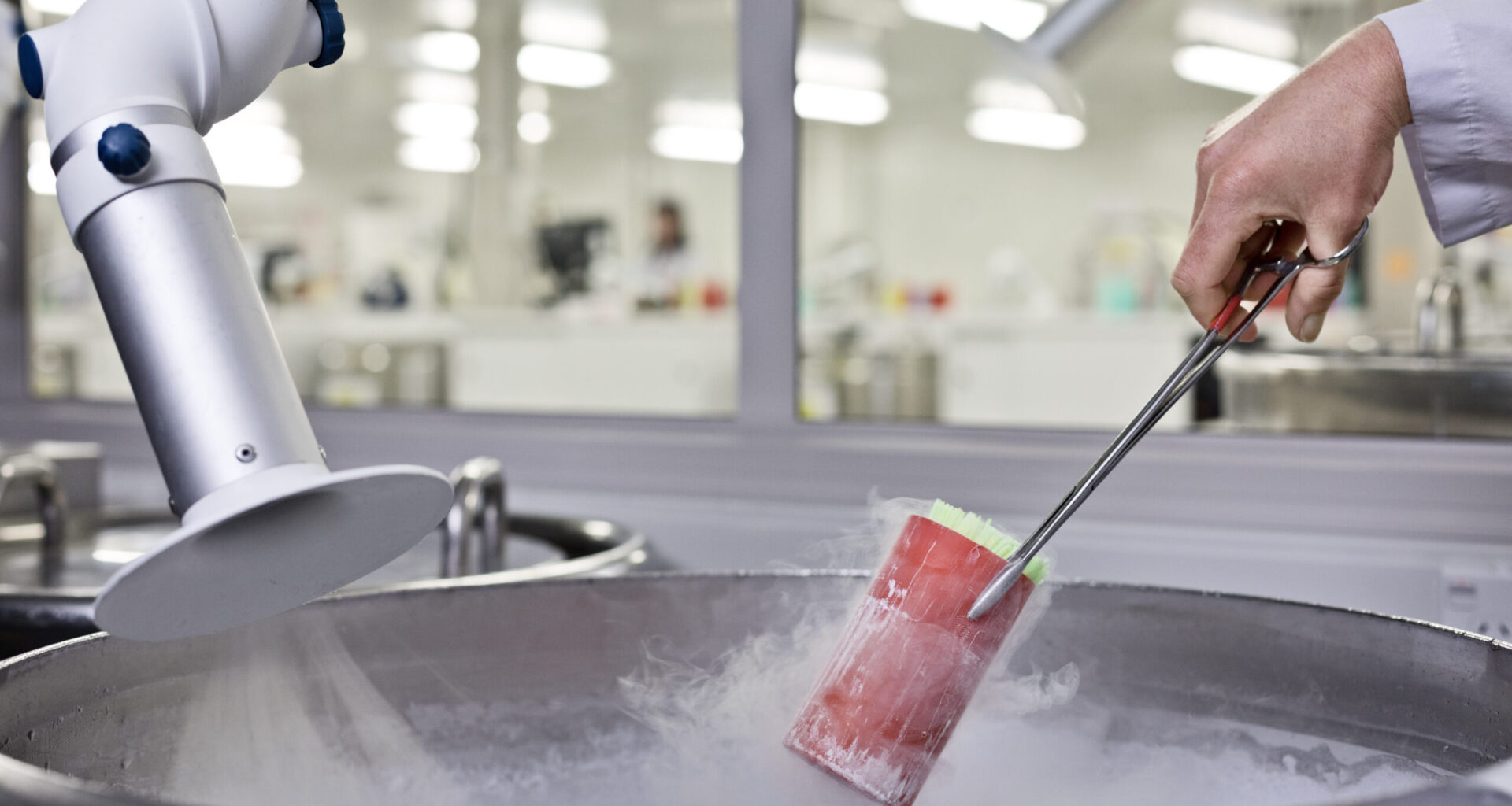Reading Time: 2 minutes
Cattle genetics company LIC is releasing two dedicated dairy-beef breeds to provide the dairy industry with more breeding options for non-replacement calves.
The first Synergizer-breed calves, which are based on LIC’s Stabiliser genetics crossed with a Charolais, will be born this spring.
The first frozen semen inseminations will be available from spring next year and liquid insemination in spring 2027.
LIC’s chief science officer, Richard Spelman, told the recent Silver Fern Farms Farmer Conference that the Synergizer project is a partnership between Focus Genetics and Pāmu.
The cross will have two copies of the Charolais dilution gene so calves will retain their colour marking.
It joins KiwiPrime, a cross that is seven-eighths Angus and one-eighth Hereford and which preserves the whiteface marker attributes.
This breed has the growth attributes, gestation length and black coat of an Angus but a white head. It will be released in 2027.

Spelman said the creation of dairy-beef genetics reflects a global trend to make better use of calves that are surplus to the dairy industry.
The use of sexed semen is on the rise in the United States and United Kingdom with some estimates that 84% of sexed semen used in the US is dairy-beef cross.
Day-old dairy-beef calves in the US are selling for NZ$170.
Spelman said there are additional gains from more targeted breeding.
Since 1990 overall dairy production in NZ has increased 50% or 145kg/MS/cow, and breeding has contributed 60% of that gain.
NZ inseminations of beef genetics over dairy have increased from 2.5% to about 9% in the past decade, but he said that could rise as more dairy farmers use monitoring technology such as collars and tags to assist with mating management.
He estimated 18% of herds use collars now but that is expected to increase to between 40% and 50% in the coming years.
This use of collars and sexed semen will assist farmers to breed dairy replacement calves but also allow targeted use of new beef genetics.
Spelman said how the value of those beef-cross animals is reflected for both breeder and finisher and the cost of using sexed semen is still to be determined.
Overseas supply chains are integrated, which underpins the true value of dairy-beef cross animals.
Spelman said Synergizer and KiwiPrime crosses are being tested on Pāmu farms and the resulting production data will reveal genetic progress but also build confidence in the dairy beef animals and genetics.
